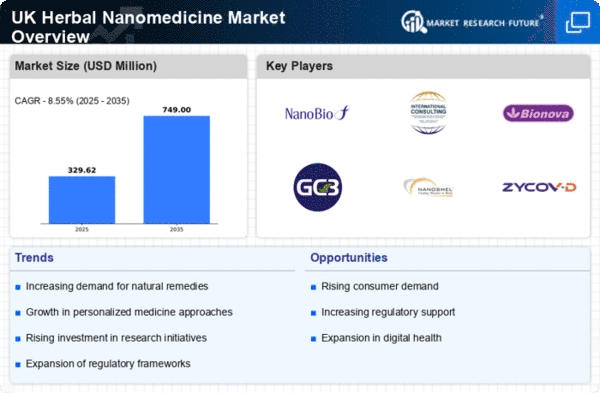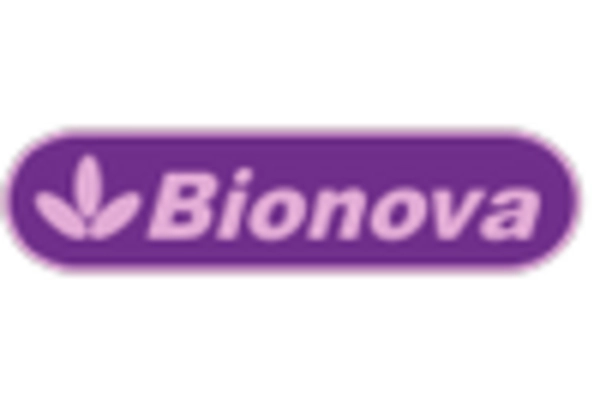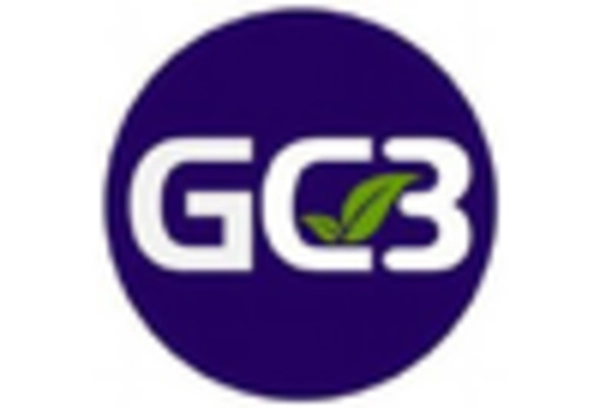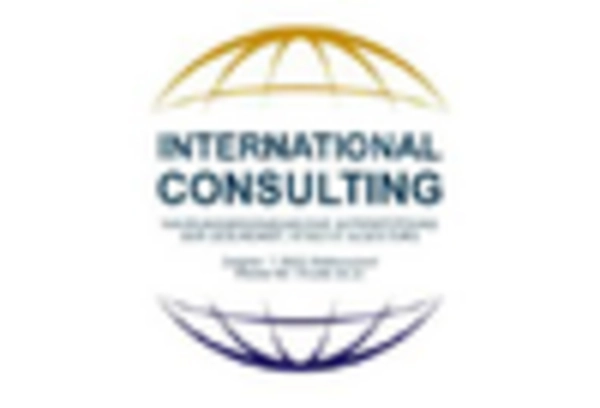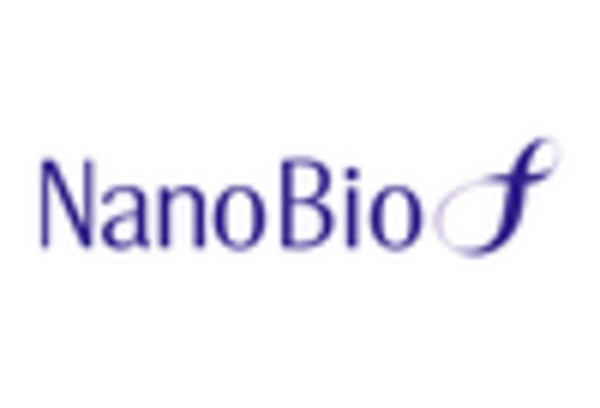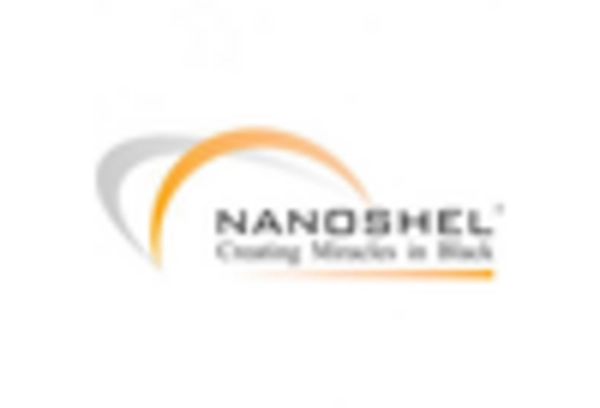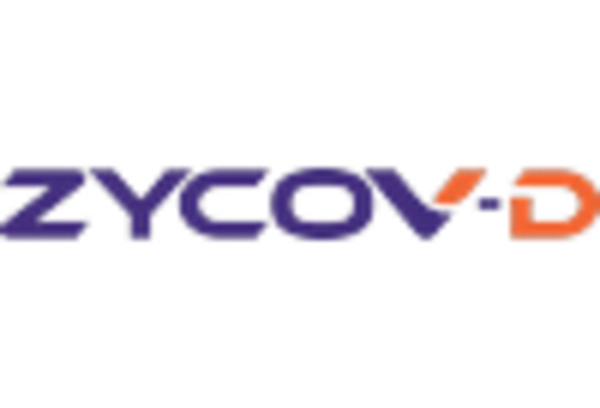Increasing Consumer Awareness
The herbal nanomedicine market is experiencing a notable surge in consumer awareness regarding the benefits of natural remedies. As individuals become more informed about the potential side effects of synthetic drugs, there is a growing inclination towards herbal alternatives. This shift is reflected in market data, indicating that the demand for herbal products has increased by about 15% over the past year. Consumers are actively seeking out herbal nanomedicines that promise enhanced efficacy and safety. This trend is further supported by educational campaigns and health initiatives that promote the advantages of herbal treatments. Consequently, the herbal nanomedicine market is likely to expand as more consumers prioritize natural solutions for their health concerns.
Supportive Regulatory Environment
The herbal nanomedicine market benefits from a supportive regulatory environment that encourages innovation and safety. Regulatory bodies in the UK are increasingly recognizing the importance of herbal products and are establishing frameworks that facilitate their development and commercialization. This includes guidelines for the approval of herbal nanomedicines, which aim to ensure their safety and efficacy. As a result, companies are more inclined to invest in research and development, knowing that there is a clear pathway for bringing their products to market. The regulatory support is expected to enhance consumer confidence, potentially leading to a market growth rate of around 10% over the next few years. This environment fosters a climate of trust and encourages the exploration of new herbal formulations.
Rising Interest in Preventive Healthcare
There is a growing trend towards preventive healthcare, which is significantly impacting the herbal nanomedicine market. As individuals become more proactive about their health, they are increasingly turning to herbal solutions that offer preventive benefits. This shift is evidenced by a reported increase in the sales of herbal supplements, which have risen by 20% in the past year. Consumers are seeking out herbal nanomedicines that not only address existing health issues but also promote overall wellness. This focus on prevention aligns with the broader healthcare movement towards holistic approaches, suggesting that the herbal nanomedicine market could see sustained growth as more individuals prioritize preventive measures in their health regimens.
Technological Innovations in Drug Delivery
Innovations in nanotechnology are playing a pivotal role in the evolution of the herbal nanomedicine market. The development of advanced drug delivery systems, which utilize nanoparticles to enhance the bioavailability of herbal compounds, is transforming treatment efficacy. For instance, studies indicate that nanoparticle formulations can increase the absorption rates of herbal extracts by up to 30%. This technological advancement not only improves therapeutic outcomes but also attracts investment into the sector. As research continues to unveil the potential of nanotechnology in enhancing herbal medicine, the market is poised for significant growth. The integration of these technologies is likely to lead to the creation of more effective and targeted herbal therapies, thereby expanding the consumer base.
Collaboration Between Traditional and Modern Medicine
The herbal nanomedicine market is witnessing a significant trend of collaboration between traditional herbal practices and modern medical approaches. This synergy is fostering the development of hybrid therapies that combine the strengths of both fields. Healthcare professionals are increasingly recognizing the value of integrating herbal remedies into conventional treatment plans, particularly for chronic conditions. This collaboration is supported by research that highlights the complementary effects of herbal nanomedicines alongside standard pharmaceuticals. As a result, the market is likely to expand as healthcare providers and patients alike embrace these integrative approaches. The potential for enhanced treatment outcomes through this collaboration may drive further interest and investment in the herbal nanomedicine sector.


